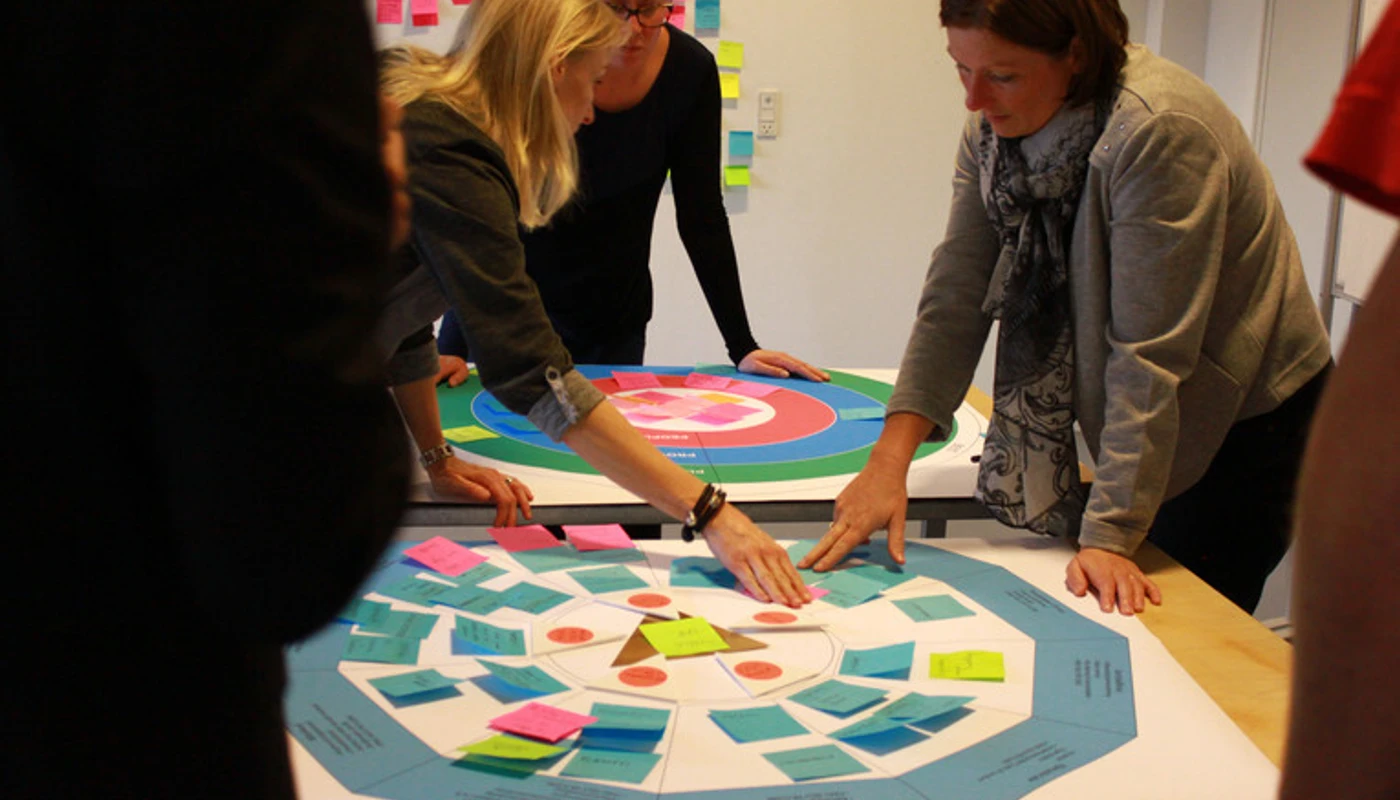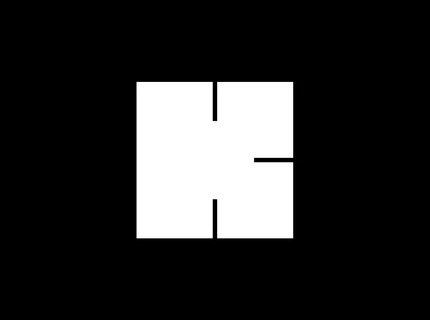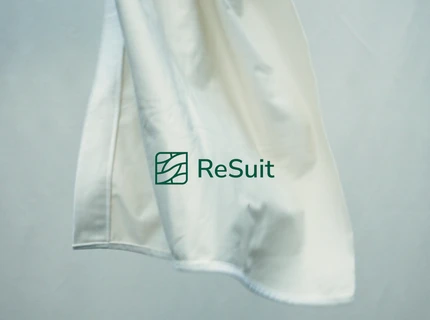
Sustainable Disruptions
- Participants from Kolding School of Design
-
- Research and development project type
- Research and development
- Project period
- 2013 - 2015
- Project management
Designskolen Kolding
- LAB
- Sustainability and Design
- LAB theme
- Organisational Life
- Collaboration partners
- Design to Innovate, D2i
Sustainable development og growth in companies
Objective
The objective of Sustainable Disruptions is:
- To help small and medium-sized Danish companies towards increased and long-term growth through sustainable development.
- To identify the barriers that companies may have in relation to a sustainable mindset – and to help convert those barriers into new development opportunities, future scenarios and visions.
- To help ensure that the companies have the right skills and tools to develop a sustainability strategy.
- To introduce the companies to design thinking as a tool for a stronger innovation process.
A three-legged project
Sustainable Disruptions regards sustainable development as a three-legged project: Focus is not alone on the companies' environmental potential but also on their social and economic potential.
Benefits
A handful of companies take part in Sustainable Disruptions. All are introduced to a number of design skills that can be used at all levels of the company: Strategic, organisational, relational and, not least, in an analysis of the company's supply chains and opportunities for value creation.
By using design thinking, i.e. by wondering about and questioning the usual ways of doing things, Sustainable Disruptions generates a new, internal dialogue at the companies involved, paving the way for brand new ideas for future sustainable strategies.
Background
Part of the name and work thesis - Disruptions - we borrowed from Clayton Christensen, who describes ‘disruptive innovation’ or disruptive development as a mindset necessary in order to develop products, services or processes that the market is not expecting.
The other part of the name – Sustainable – is part of Kolding School of Design's knowledge base. The concept has been part of the school's research and development for years and an integral part of the curriculum. This gives Kolding School of Design more than 20 years of experience nationally and internationally with how designers are able to support sustainable growth.
Sustainable Disruptions has applied John Elkington’s Triple Bottom Line to frame the concept of development. We have looked for a way to balance financial profit, environmental sustainability and social equality. And we have based our work on the everyday routines of the individual copanies.
We have allowed ourselves to be inspired by one of our close collaboration partners, Chinese Professor Lou Yongqi's principles on Acupuncture Design, where a network of proactive players create lasting and relevant changes by focusing on one objective and making an effort around that. This allows you to influence a far bigger system - or an entire organism - as we know from acupuncture treatment.
Report
Sustainable Disruptions is a report about two years of collaborations between companies and designers.


